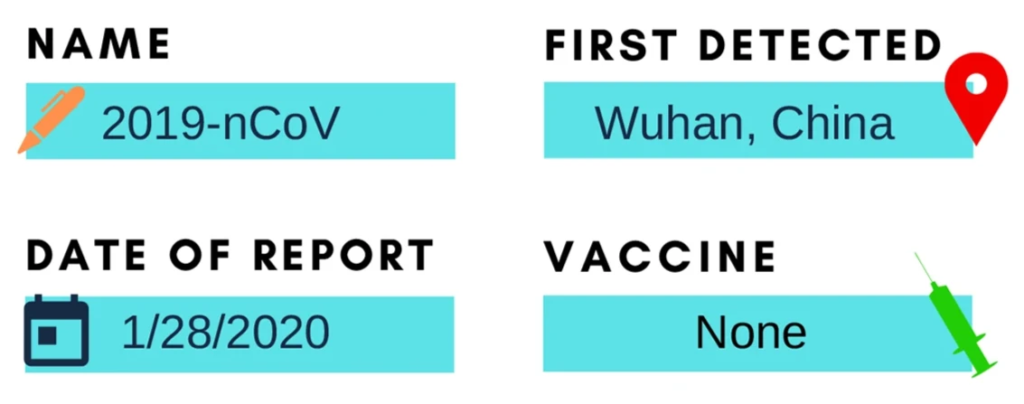
INSURANCE NERDS
BLOG
What you Should know About the Coronavirus
Although the novel Coronavirus is still being investigated, there are some recommendations to prevent infection
In recent days, the emergence of the novel Coronavirus in China has taken over much of the conversations on social media and news sites around the world. The Centers for Disease Control and Prevention (CDC) is closely monitoring an outbreak of respiratory illness caused by a novel (new) coronavirus first identified in Wuhan, Hubei Province, China. Chinese authorities identified the new coronavirus, which has resulted in thousands of confirmed cases in China, including cases outside Wuhan City. Additional cases have been identified in a growing number of other international locations, including the United States. There are ongoing investigations to learn more.
This is a rapidly evolving situation and the information will be updated as it becomes available. Visit: www.cdc.gov for more information and updates.
Transmission
Coronaviruses are a large family of viruses that are common in many different species of animals. There is much more to learn about the transmissibility and severity. However, it is thought to be spreading from ill people to others. When person-to-person spread has occurred with other viruses like MERS and SARS, it is thought to have happened mainly via respiratory droplets produced when an infected person coughs or sneezes, similar to how influenza and other respiratory pathogens spread. Spread of SARS and MERS between people has generally occurred between close contacts.
Symptoms
For confirmed 2019-nCoV infections, reported illnesses have ranged from people being mildly sick to people being severely ill and dying. Symptoms can include:
- Fever
- Cough
- Shortness of breath
Prevention
There is currently no vaccine to prevent 2019-nCoV infection. The best way to prevent infection is to avoid being exposed to this virus. However, as a reminder, CDC always recommends everyday preventive actions to help prevent the spread of respiratory viruses, including:
- Wash your hands often with soap and water for at least 20 seconds. Use an alcohol-based hand sanitizer that contains at least 60% alcohol if soap and water are not available.
- Avoid touching your eyes, nose, and mouth with unwashed hands.
- Avoid close contact with people who are sick.
- Stay home when you are sick.
- Cover your cough or sneeze with a tissue, then throw the tissue in the trash.
- Clean and disinfect frequently touched objects and surfaces.
These are everyday habits that can help prevent the spread of several viruses. Click here if you are traveling and would like to have more information.
***Source: www.cdc.gov

